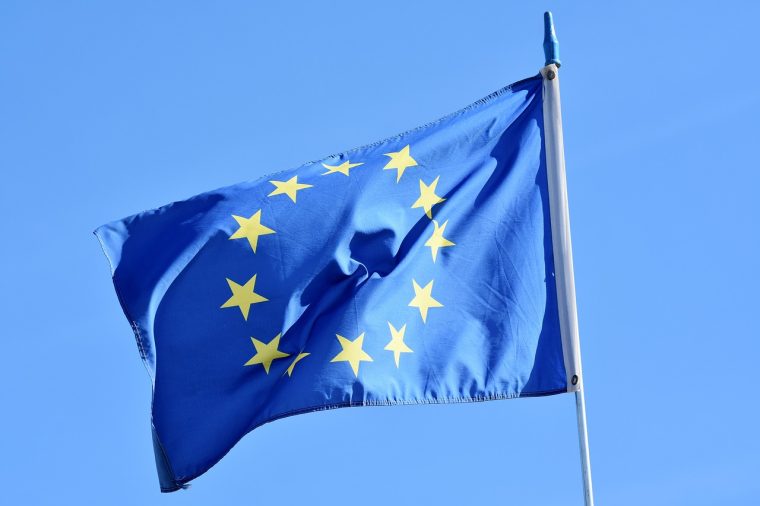
EU regulators have called out popular social media platforms TikTok and Instagram for enabling cryptocurrency scams.
In a recent report, the European Consumer Organisation (BEUC) and nine of its member organizations identified the combination of social media, influencers, and cryptocurrency as a “toxic cocktail,” underscoring the dangers of cryptocurrency scams on popular social media platforms
The report specifically highlighted the “dubious” policies of Instagram, Twitter, YouTube, and TikTok, claiming that loose measures allow scammers to target unsuspecting teenagers using these platforms.
“The approach of social media platforms to crypto advertising is very dubious and several of them still insufficient enforce their internal policies,” the BEUC said, adding:
“Our research found ample evidence of misleading promotion for crypto on Instagram, YouTube, TikTok and Twitter despite the social media platforms’ advertising policies.”
The BEUC represents 45 independent consumer organizations across 31 countries with the goal of defending the interests of consumers.
The group claims that cryptocurrency is a highly risky investment that is prone to scams and that the European Union’s consumer laws have been broken.
Today BEUC & consumer groups in 8 countries are taking action against TikTok, Instagram, Twitter & YouTube for facilitating the misleading promotion of crypto assets on social media . We’ve filed a complaint with @EU_Commission and consumer authorities: https://t.co/b6NYsBl4VM pic.twitter.com/w5iLMy4h1i
— The Consumer Voice (@beuc) June 8, 2023
The BEUC Calls for Stricter Advertising Policies
The BEUC is calling on the European network of national consumer authorities (CPC-Network) to enforce stricter advertising policies on social media platforms.
It also asked CPC-Network to “require the concerned social media platforms to include in their Terms of Use a prohibition for influencers to promote crypto products, and to adopt appropriate mechanisms to prevent consumers from being exposed to unfair commercial practices related to these products.”
While cryptocurrency scams are not a new phenomenon, the BEUC report emphasizes the role of social media networks and influencers in promoting these fraudulent schemes.
In a report earlier this year, cybersecurity firm Kaspersky revealed that a new spam campaign is spreading across Twitter and is stealing cryptocurrency from unsuspecting users.
The scam asks users for help to withdraw hundreds of thousands of dollars from the crypto account of a stranger on Twitter, the company said.
However, to help the stranger, victims are encouraged to create and pay for a VIP account on the scam domain, which leads them to lose their coins.
The EU Approves MiCA Legislation to Regulate Crypto Sector
Despite the criticism, European authorities have been working to counter crypto scams by creating a comprehensive regulatory framework for cryptocurrencies.
For one, the EU has approved Markets in Crypto Asset (MiCA) legislation, which aims to regulate the digital assets space.
The regulation is intended to provide legal clarity to the sector and protect investors from fraudulent actors while promoting innovation in the space.
The rules, expected to be implemented in 2024, require firms that want to issue, trade, and safeguard crypto assets, tokenized assets, and stablecoins in the 27-country bloc to obtain a license.
Furthermore, the EU financial regulators have launched educational campaigns aimed at increasing investor awareness of the asset class on social media.
Read More:
- Best Crypto to Trade Right Now 2023
- 15+ Best Crypto Under $1 for 2023 – Micro Caps Reviewed
- Best Crypto to Buy In the Crash June 2023 – Top 19 Coins
What's the Best Crypto to Buy Now?
- B2C Listed the Top Rated Cryptocurrencies for 2023
- Get Early Access to Presales & Private Sales
- KYC Verified & Audited, Public Teams
- Most Voted for Tokens on CoinSniper
- Upcoming Listings on Exchanges, NFT Drops